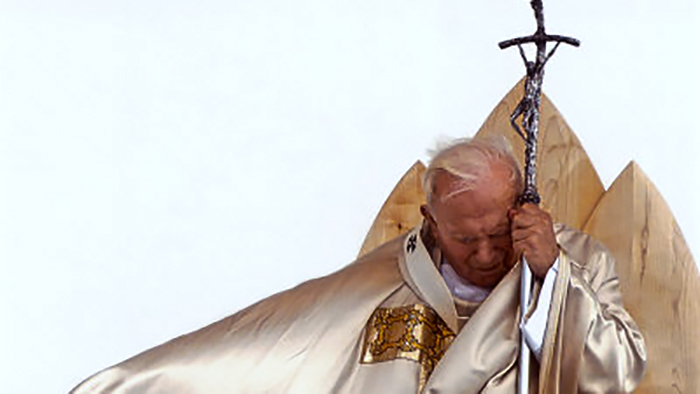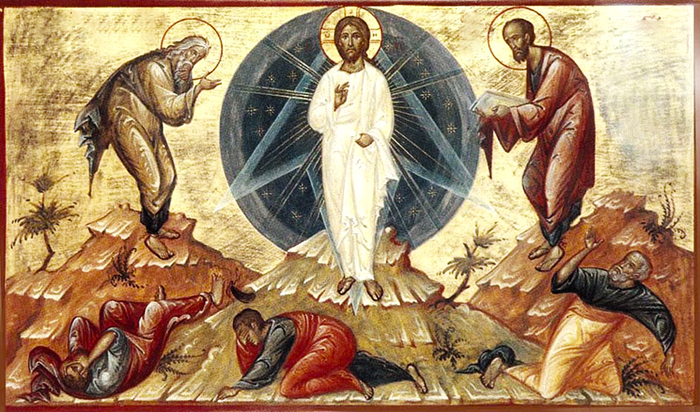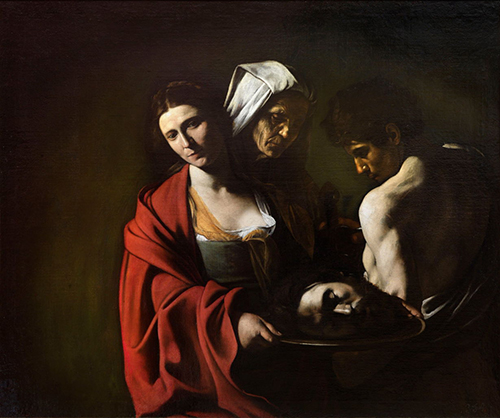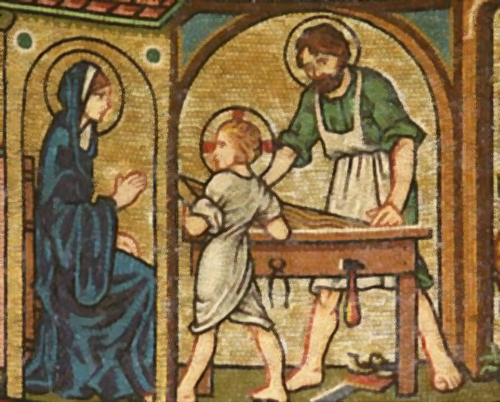
Jesus assures us that his disciples will recognize his voice. But we are surrounded by many voices which promise life. How do we recognize which is the voice of the Good Shepherd? How do we distinguish voices which infuse life from voices which lead us away from life? James Mackey teaches that divine providence is a conspiracy of accidents through which God speaks. Frederick Buechner notes that this does not mean that God makes events happen to us that move us in certain directions, like chessmen. Instead, events happen under their own steam as random as rain, which means that God is present in them not as their cause but as the one who, even in the most demanding and most hair-raising of them, offers us the possibility of that new life and healing. God is always speaking to us in every event in our lives. For a Christian, there’s no such thing as a purely secular experience. The event may result from purely secular and contingent forces, but it always contains a faith-related message for us. Our task is to read that message. Fr. Rolheiser writes that we mostly hear God’s voice only in deeply painful experiences rather than in events that bring us joy and pleasure. But we shouldn’t misread this. It’s not that God speaks only through pain and is silent when things go right. In the words of C.S. Lewis, pain is God’s microphone to a deaf world. God is always speaking; most of the time, sadly, we aren’t listening. God doesn’t cause AIDS, global warming, the refugee situation in the world, a cancer diagnosis, world hunger, hurricanes, tornadoes, COVID, or any other such thing to teach us a lesson, but something in all of these invites us to try to discern what God is saying through them. It’s only when our hearts start breaking that we begin to attune ourselves to the voice of God.









